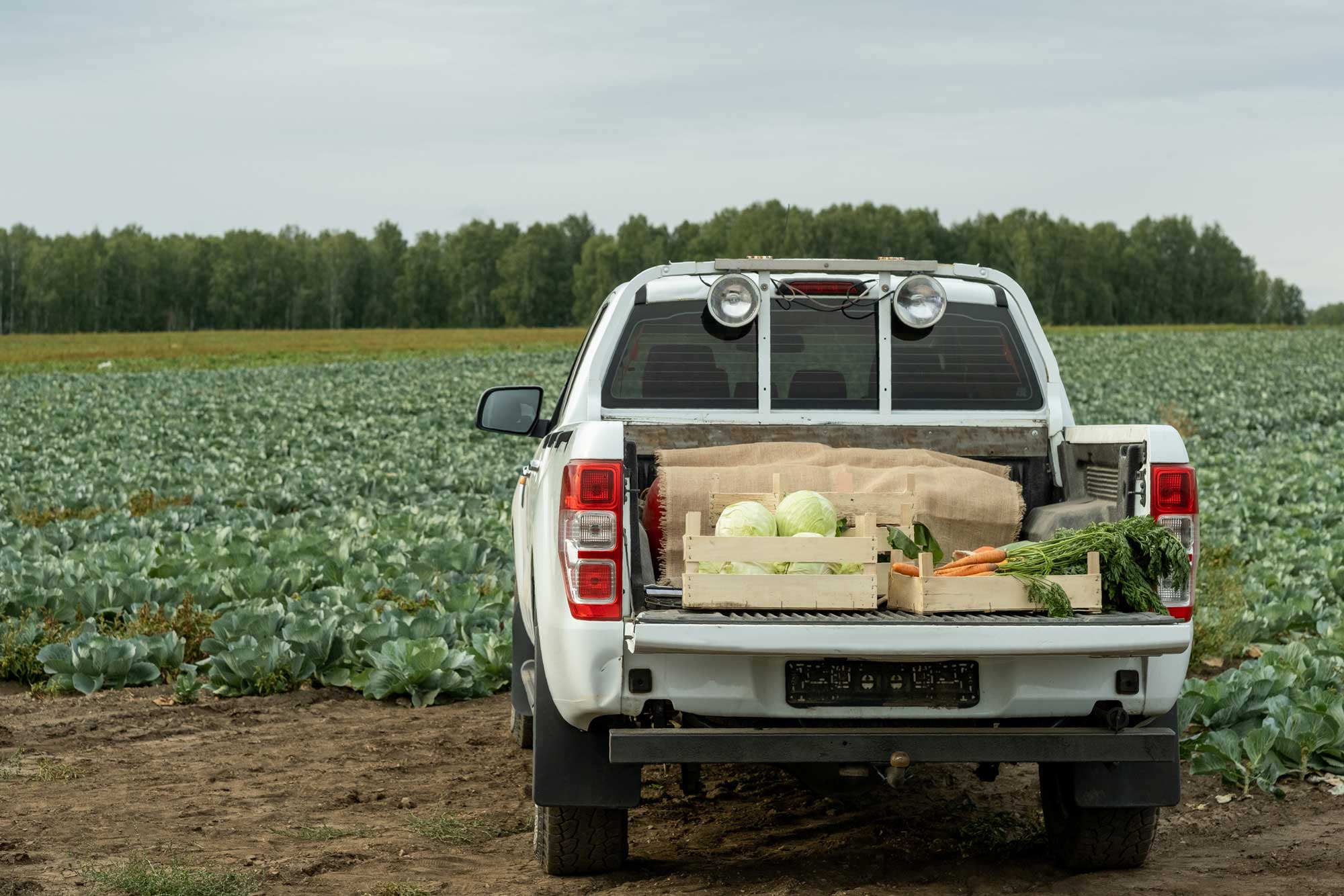What Are Farm Vehicles?
Whether they're used for transporting farmers or their crops, farm vehicles are an integral part of agricultural operation. Discover their cost-saving benefits.
 Adobe Stock
Adobe Stock
From low registration and insurance costs to potential tax deductions, there can be plenty of automotive opportunities for farm-vehicle owners to save money. However, these vehicles have their own unique set of rules and state regulations.
By understanding the financial benefits of farm vehicles, first-time buyers as well as farmers looking to maximize the value of their current vehicles can better understand how to get the most from their investment.
What Qualifies as a Farm Vehicle?
In many states, farm vehicles, or covered farm vehicles (CFV), are defined as trucks or truck tractors used specifically for agricultural purposes. These vehicles often require a special farm-use license plate that they can only qualify for if they meet certain requirements. Farm-use license plates are not available for passenger vehicles like cars and vans, even if those vehicles are used for farm-related purposes.
For a vehicle to qualify as a CFV, it will likely have to meet certain conditions laid out by the
- Be a straight truck or articulated vehicle
- Be operated by an owner or operator of a farm or ranch, family member, or employee of the owner or operator
- Transport agricultural commodities, livestock, machinery, or supplies to or from a farm or ranch
- Not be used in for-hire motor carrier operations, such as rideshare services, unless a vehicle owned and operated by a tenant farmer and is used to transport the landlord’s portion of the crops under a crop-share agreement
- Not transport hazardous materials that require placarding
- Weigh less than 26,001 pounds — if it weighs more, it can't be operated outside of its home state or more than 150 air miles away from the operator's farm
Farm vehicles are different from other pieces of farm equipment, which are vehicles specifically designed to perform farm duties, such as combines, tractors, and grain haulers.
How Far Can You Drive a Farm-Use Vehicle?
Farm vehicles have a limited radius of operation. Most farmers can only drive these vehicles within 150 miles of their farm. If they need to go farther, drivers are required to have a commercial driver's license. While there are some federal exemptions to the operational regulations for these vehicles, they depend on the intended use of a vehicle.
Understanding Farm-Vehicle Insurance
Farm-vehicle owners will also need to secure insurance — some states penalize farm-vehicle owners with a fee if they don't get insurance at the same time as registration.
Farm-vehicle insurance covers everything from bodily injury to property-damage liability to collision repairs, but typically costs less than standard auto insurance. Since farm vehicles won't spend as much time on the road as a typical truck, they have less implied financial risk for insurance companies.
Additional Financial Benefits of Farm Vehicles
Beyond insurance savings, farm vehicle owners will also typically pay lower registration costs compared with a non-work-related vehicle, with states such as Virginia only requiring half the typical payment.
Farm vehicles are also subject to business-vehicle tax deductions under
Written by humans.
Edited by humans.
 Elliot Rieth
Elliot RiethElliot Rieth is a writer who was born and raised in Michigan, the center of the American automotive industry. With a background in the industry that spans from sales to digital marketing, Elliot has years of experience working directly with dealers and OEMs to create digital content and educate potential customers. When Elliot isn’t writing about horsepower or EVs, he can be found with his two greyhounds enjoying a new book or record.
Related articles
View more related articles